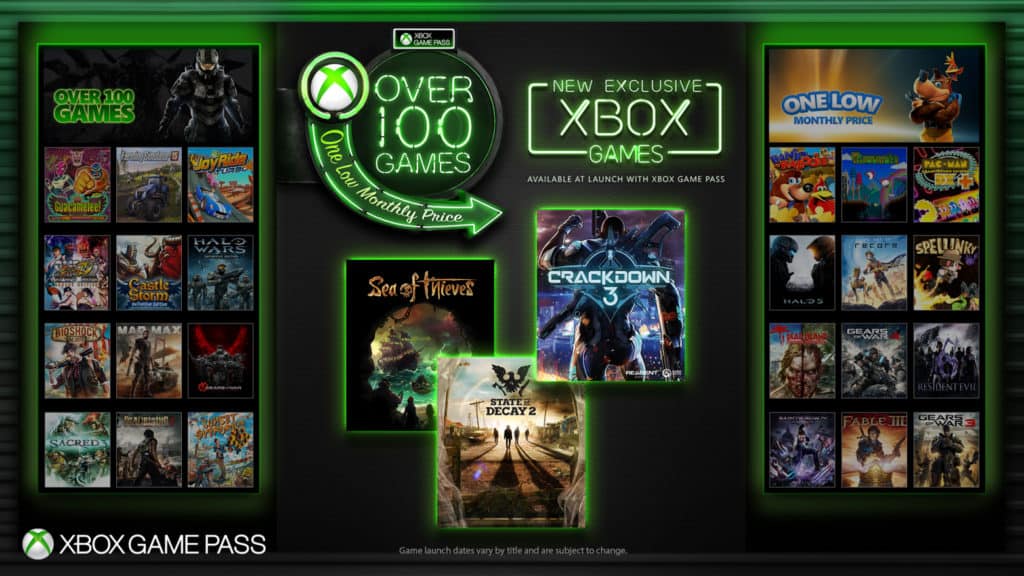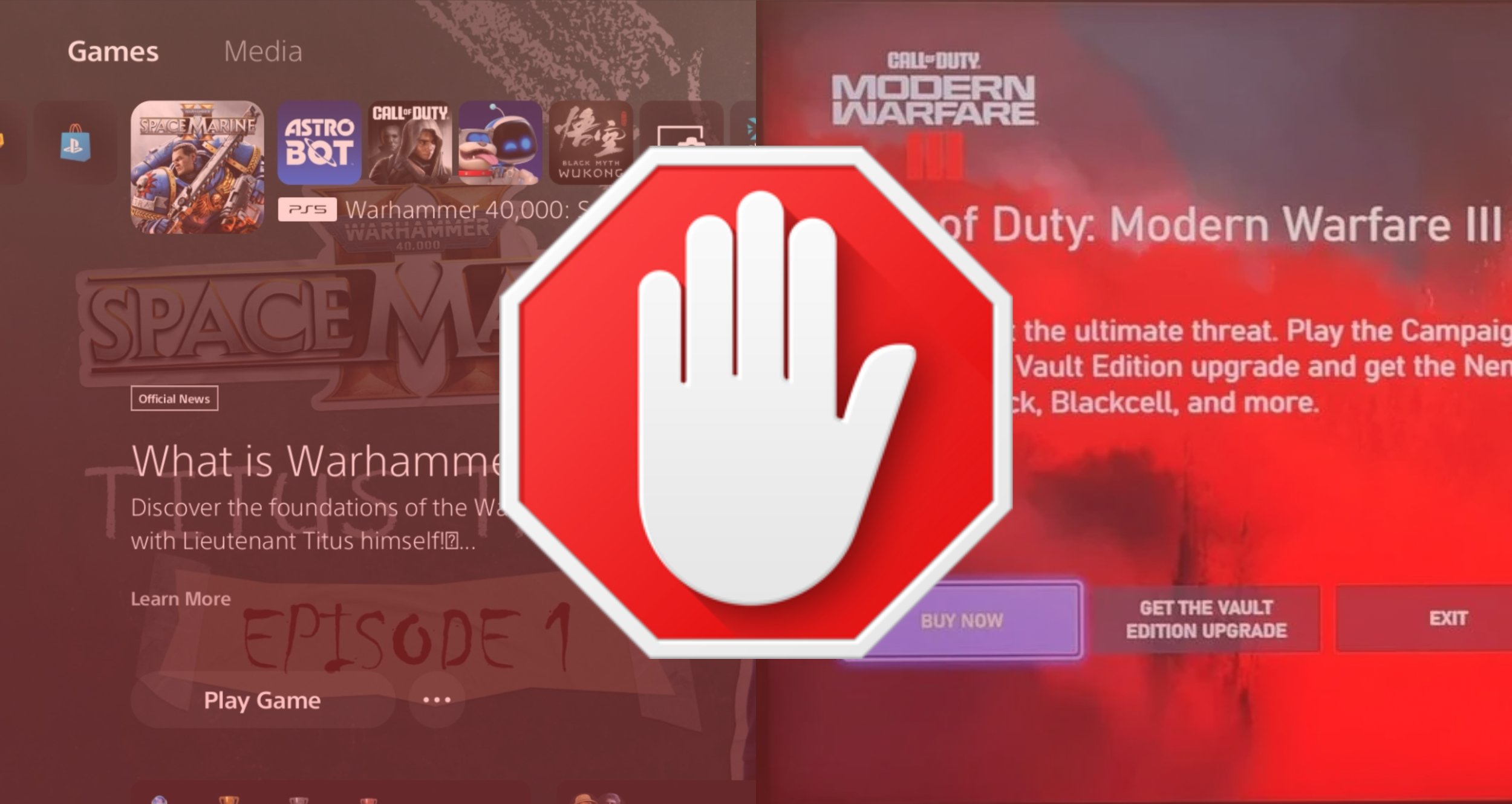Video game consoles have long served as gateways to immersive experiences, providing players with a straightforward and accessible means to enjoy their favourite titles without needing to navigate the complexities of PC gaming. Consoles offer an all-in-one package for the masses, allowing gamers to plug in, power up, and start playing with ease. Unlike the realm of PC gaming, where the intricacies of hardware and software configurations can be daunting for the average consumer, consoles offer simplicity. The device is purchased, the games are loaded, and the entertainment is delivered without much hassle. However, this once-clear path is being obstructed by a disturbing trend: advertisements on video game consoles, specifically those creeping onto the dashboards of these devices.
Both Microsoft and Sony have shown a keen interest in integrating advertisements into their console ecosystems, specifically on the dashboard and interface, where players typically navigate to access their games and services. This begs the question: why should players, who have already purchased their console outright, be subjected to adverts on their gaming devices? It is particularly galling when one considers the additional costs already tied to console ownership, such as subscriptions for online play. The notion of introducing yet more adverts into an environment players have paid to access is, quite frankly, egregious.


A Device Purchased, Yet Not Owned
For the most part, consoles are not cheap. They may be cheaper than investing in a personal computer, but the notion of consoles having always been “cheap” is far from the truth. For most people these video game machines represent a significant investment, having paid somewhat of a perceived premium for the hardware. Whether one buys an Xbox, PlayStation or Nintendo console, the expectation is simple: buy the console, and get access to the gaming ecosystem it provides. The current model of console gaming has always relied on software sales; with more recent years delving into subscription services and optional in-game purchases as revenue streams for the manufacturers. However, the creeping presence of advertisements makes it appear as if these current models are reaching saturation and newer revenue streams are being explored (it is all about that bottom line, after all).
The idea of advertisements on the dashboard of a console – an interface used to access the very games a player has already paid for – adds insult to injury. It is bad enough console gamers are often locked into paying for subscriptions to simply access online multiplayer, something PC gamers typically enjoy for free. Now, the addition of unwanted adverts on top of these paid services further erodes the value proposition of console gaming. Players should not be subjected to additional revenue grabs in spaces meant to provide entertainment and enjoyment, especially not when they have already paid for access.
The Subscription Conundrum
Many gamers pay for online subscriptions, such as Xbox Live Gold or PlayStation Plus, to access multiplayer features, cloud saves, and monthly games. These services already come at a cost, and for many, the price is justified by the perks they offer. However, the introduction of advertisements raises an uncomfortable question: why should gamers who are already paying for these services be subjected to advertisements in their own ‘personal gaming space’?
When players pay for a service, there is an assumption of how they are essentially investing in an ad-free and, arguably, premium experience. When one thinks of advertisements in the gaming space, free-to-play games come to mind; where the player does not directly invest money, and as such, ads are used as a means to generate revenue. However, once a player has paid for access – whether through purchasing the console, buying games, or subscribing to a service – the presence of adverts becomes an unnecessary and unwelcome intrusion.
It is one thing to see advertisements on free mobile games or even on streaming services where a lower-tier subscription involves ads. However, for players who have paid full price for a console and continue to pay for access to online services, advertisements are a violation of the unwritten agreement between consumer and provider. This agreement suggests that once the customer has paid for a product or service, the experience should be free from external interference – something Microsoft and Sony appear to be slowly undermining.

The Gamer’s Experience is Sacred
When a player boots up their console, the expectation is to be transported into a world of entertainment, where they can immerse themselves in gameplay, stories, and community without the distractions of the outside world. The dashboard of a console, where players navigate their games and services, should serve as a gateway to these experiences, not as a billboard for corporate advertisements.
The argument could be made that these advertisements are “non-intrusive”, simply sitting on the dashboard waiting to be ignored. However, the very presence of ads within a paid ecosystem erodes the purity of the gaming experience. Gamers do not boot up their consoles to be sold products or services – they boot up to play. Whether it is a banner ad, a promotional pop-up, or any other form of corporate intrusion, it does not belong on the dashboard of a device designed for entertainment and leisure.
Moreover, this sets a dangerous precedent. If advertisers are given the green light to push content onto consoles, what is to stop them from extending this intrusion further into the gaming ecosystem? The dashboard could soon become a battleground for corporations vying for players’ attention, distracting from the core experience. This slippery slope could lead to a future where even in-game menus are cluttered with advertisements, further diminishing the immersive quality video games provide.
The Future of Console Gaming Without Ads
Gamers have a right to expect more from the companies and the subsequent products they invest in. Consoles are not just devices for accessing games; they are portals to creativity, community, and relaxation. The addition of advertisements into this space compromises the integrity of these experiences, reducing them to yet another avenue for corporate profit.
If Microsoft and Sony wish to maintain the loyalty of their player base, they must reconsider the impact of serving adverts in paid ecosystems. Gamers have already paid for their consoles, their games, and their subscriptions. They should not have to pay with their attention as well.
Owner, founder and editor-in-chief at Vamers, Hans has a vested interest in geek culture and the interactive entertainment industry. With a Masters degree in Communications and Ludology, he is well read and versed in matters relating to video games and communication media, among many other topics of interest.
















![Unboxing the 500 Million Limited Edition PlayStation 4 Pro [photos + video]](https://vamers.com/wp-content/uploads/2018/08/Vamers-YouTube-Unboxing-the-500-Million-Limited-Edition-PlayStation-4-Pro-Main-Banner-218x150.jpg)




